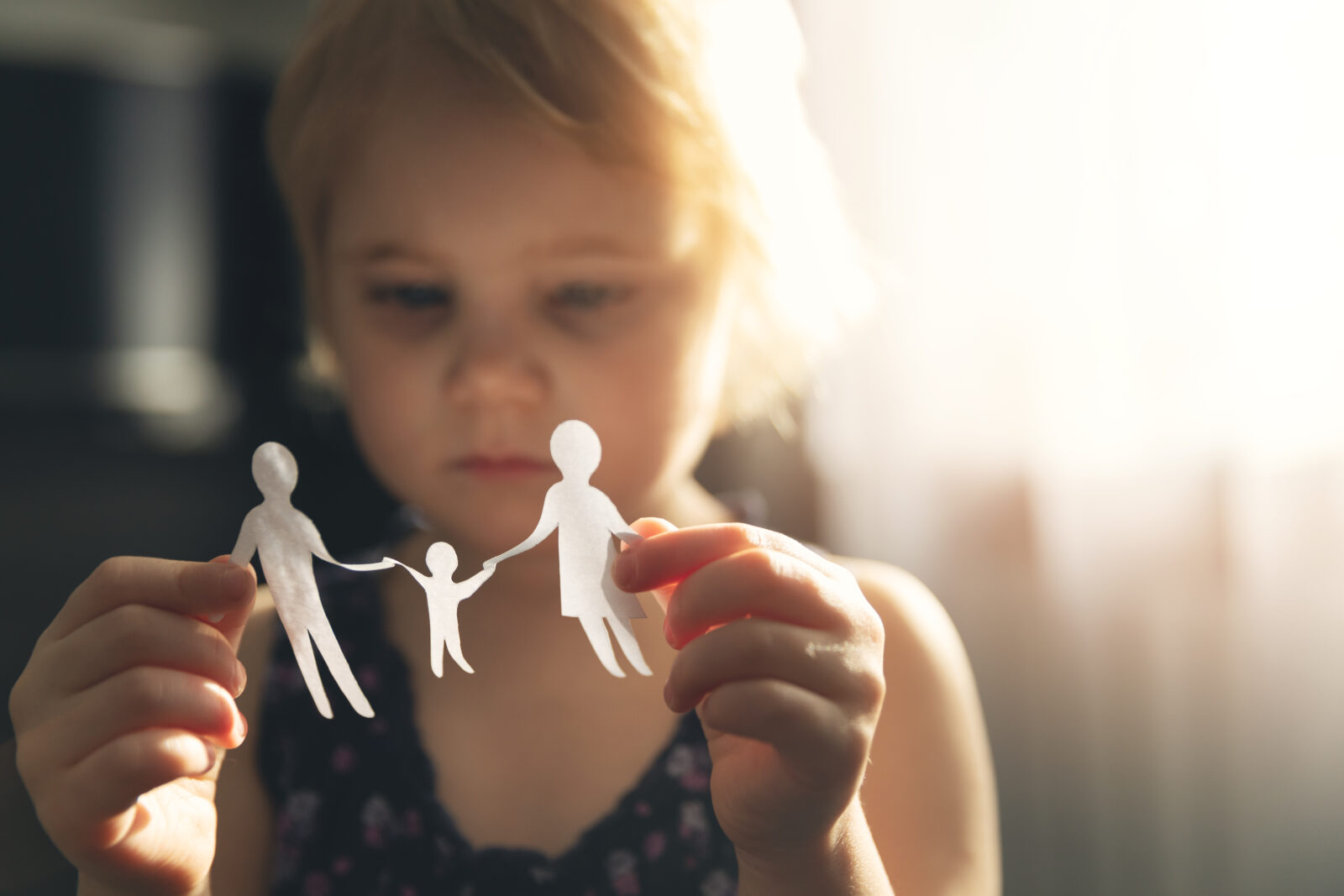How Adverse Childhood Experiences Turn into Homelessness
- Categories
- Homelessness
Would you rather be rich or loved? Many of us might want to be both, but Rob Henderson, author of Troubled: A Memoir of Foster Care, Family, and Social Class, understands what’s most important: “People who grew up in poor families are not more likely to be unhappy as adults. But people who feel they were unloved as children are significantly more likely to be unhappy. For happiness, it’s better to be poor and loved than rich and unloved.”
As I wrote last week, Troubled is a great memoir because Henderson is smart enough to think through such comparisons and realize that no amount of money or public policy change will buy us love. He had the blessing of standardized tests that showed he’s smart, contra the poor grades he received while slouching through schools that frequently changed as his foster care placements changed. Only three percent of children with foster care backgrounds graduate from any college, but Henderson was able to become an undergraduate at Yale and then earn a Ph.D. from Cambridge.
Henderson notes that “childhood instability, not poverty, is linked to poor physical and mental well-being.” Very young children, as long as they have enough food and aren’t too hot or too cold, do not care whether they’re wearing designer clothes or hand-me-downs. Instead, they implicitly ask, “Am I a lovable person who is welcome here? . . . How can a small, inexperienced being like me cope with this vast world?”
Then another question arises: “Am I like other people, and am I accepted by them, or am I weird and unacceptable?” Henderson understands that childhood trauma leads to self-loathing and self-defeating behavior, but “when kids are in a stable environment with reliable parents and predictable patterns, they feel integrated into a social environment.”
Troubled shows that all stresses are not the same. We’re familiar with the word “distress,” but “eustress” — positive challenge — should also be part of our vocabulary. Henderson enlisted in the Air Force at age 17, went through the eustress of basic training, and saw his accomplishments recognized. Similarly, an upcoming test may push us to study, a desire to buy a house can push us to work hard, an athletic competition can push us to exercise. Too much stress can become distress that pushes us to give up or stop trying. Too little and we become bored, and less than we can and should be.
Poverty can be eustress in a society that provides opportunity, or distress when upward mobility is impossible or unlikely. For Rob Henderson and almost all children, movement from one foster care home is distressing because behavior doesn’t seem to matter. Children who feel they have no agency regarding their future are unlikely to develop “executive function,” learning to think ahead. “Don’t stop thinking about tomorrow” was a Clinton campaign ballad during the 1990s — but what happens to a society, and to individuals, when we do stop thinking?
To answer that, I wanted to go beyond Henderson’s own experience and dive into Kathleen Brewer-Smyth’s Adverse Childhood Experiences (2022). Her summary:
Children exposed to various forms of adversity early in life are at increased risk for a broad range of neurodevelopmental difficulties affecting the stress system, cognitive function, and emotional adjustment. . . . Studies document associations between exposure to early maltreatment and poorer psychological and physical functioning in adulthood.
Among the worst of the ACEs (adverse childhood experiences) are sexual abuse, domestic violence, and verbal abuse. All three seem to target important brain regions and pathways. Scars that stay include having a family member attempt or die by suicide, or seeing a family member violently attacked or sent to jail. Parental separation or divorce has a lasting effect.
On homelessness, housing costs are a problem in a handful of big cities, but apartments rarely transform lives lived without executive function. Mental illness and substance abuse are bigger problems throughout the U.S., and they grow out of the effects of childhood. Lancet Public Health says nine in ten homeless adults were exposed to at least one adverse childhood experience. Psychiatric Times says, “More than 80% of homeless individuals report having experienced life-altering trauma.” The Journal of Child and Adolescent Trauma cites the “high prevalence of childhood abuse experiences among adult homeless people.”
I could tell lots of stories individual homeless folks have told me about their childhood, but statistics are also important. It’s time for me to look at more research papers and journal articles.
